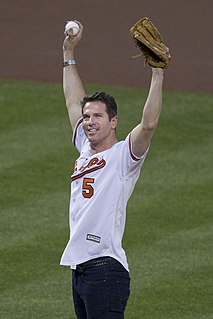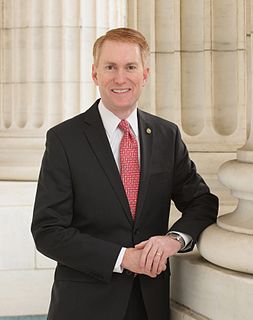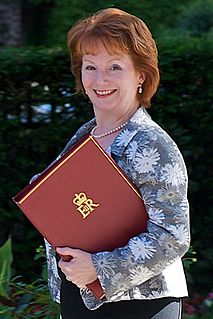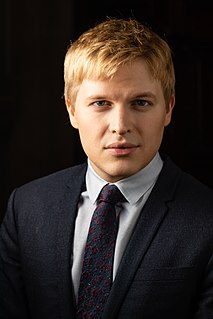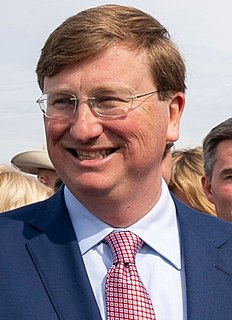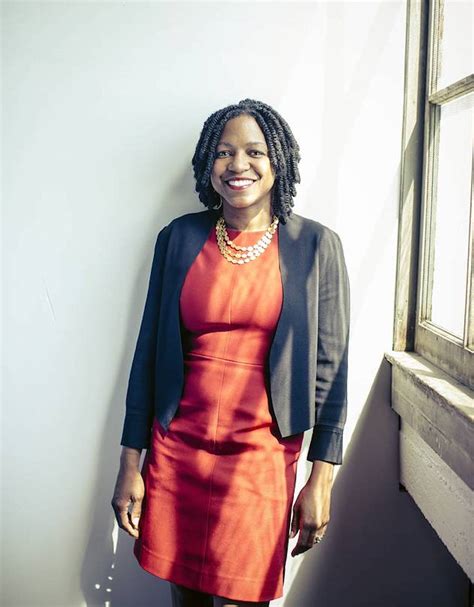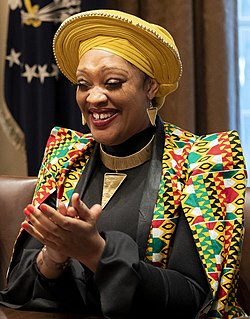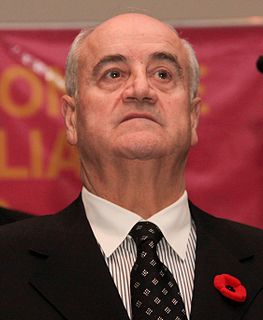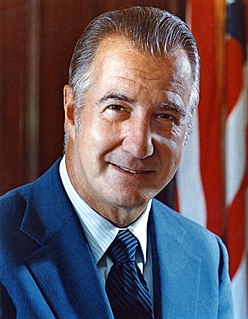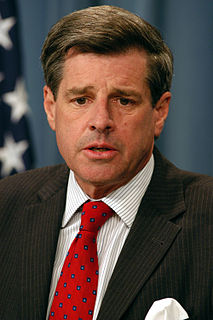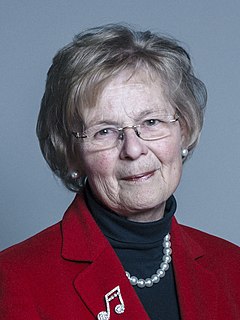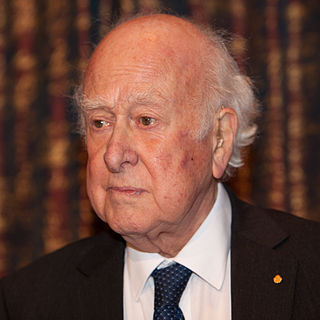Top 1200 Police Department Quotes & Sayings - Page 4
Explore popular Police Department quotes.
Last updated on November 8, 2024.
Crime in the city streets is more than a political issue. It's a too rampant fact.... In Indianapolis they have come up with a most sensible, affordable approach to the problem. Policemen are assigned their police patrol cars for personal use after hours. They are encouraged to use the police car while taking the family shopping, to the movies, and everywhere one takes one's family. As a result, says the Police Chief's assistant, we may have as many as 400 cars on the street instead of 100 or so per shift. [And] the presence of the police car obviously indicates the proximity of policemen.
In Baltimore they can't do police work to save their lives. Now because of Freddie Gray they're not even getting out of the car and policing corners - they're on a job slowdown, basically. Right now if the police stopped being brutal, if we got police shooting under control, and the use of excessive force, if we have a meaningful societal response to all that stuff, and the racism that underlies it, the question still remains: what are they policing, and why?
The wonderful police officers who spend time with me I don't think appreciate that, but I do still drive. I do still cook: not often, but just last week, I really felt like making one of my mum's old recipes - so I did. I do still go to our local department store to buy things like maternity jeans that no one else can really do for me.
The culture of the State Department is very negative towards a conservative foreign policy. And the model that we all have, of civil servants as neutral careerists who carry out the policy of the elected president, doesn't work nearly the way it should in the State Department. So that there are many people who want to be good civil servants, who want to try and carry out these policies, but are afraid to do so. And I'm not even counting the very small number of conservatives in the State Department who are genuinely at risk.
What we have to ask is this: what can we morally expect of and allow to people whom we deploy to fulfill this or that social role :police officer, school teacher, physician? This may sometimes lead to difficult social decisions - e.g. should police be permitted to illegally import drugs as part of a sting operation? In the end, I think "common - that is, critical - morality" should determine the limits of the police role.
This is the criminal left that belongs not in a dormitory, but in a penitentiary. The criminal left is not a problem to be solved by the Department of Philosophy or the Department of English - it is a problem for the Department of Justice. Black or white, the criminal left is interested in power. It is not interested in promoting the renewal and reforms that make democracy work; it is interested in promoting those collisions and conflict that tear democracy apart.
Good news is not news. Bad news sells. Confrontation sells. And that's what the press is always looking for. I'm not bragging, but I have the highest job-approval rating of any public official in the city. And I've had it consistently. The approval rating for the police department is 70 percent. This notion that stop-and-frisk has torn the community apart is false.
I have a letter from a police inspector, retired after some 30 years in rural Derbyshire, alerting me to the potential impact of a total ban on hunting on relationships between the police and the community in rural areas - a particularly significant consideration in current circumstances. Is it, I ask myself, sensible to divert valuable police time to enforce a ban on hunting when they are under so much pressure from violent crime?
I think I succeeded as a writer because I did not come out of an English department. I used to write in the chemistry department. And I wrote some good stuff. If I had been in the English department, the prof would have looked at my short stories, congratulated me on my talent, and then showed me how Joyce or Hemingway handled the same elements of the short story. The prof would have placed me in competition with the greatest writers of all time, and that would have ended my writing career.
As we move forward, I am looking for a new leader of the Chicago Police Department to address the problems at the very heart of the policing profession. The problem is sometimes referred to as "the thin blue line." The problem is other times referred to as "the code of silence." It is this tendency to ignore. It is the tendency to deny. It is the tendency, in some cases, to cover up the bad actions of a colleague or colleagues.
